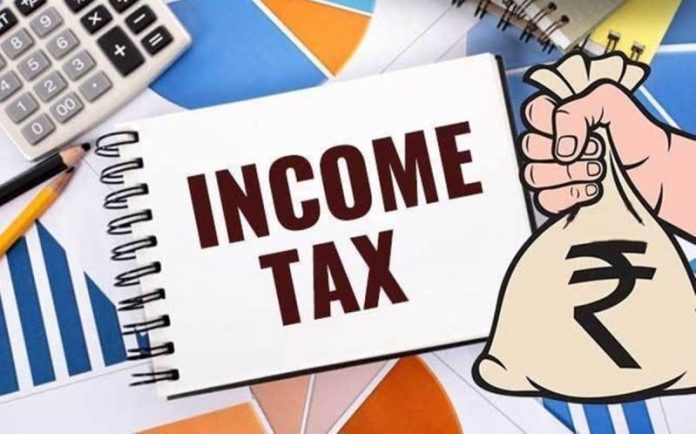The new Income Tax Bill will get the approval of the Union Cabinet on the evening of 7 February. Finance Minister Nirmala Sitharaman will present this bill in the Lok Sabha on 10 February. After that it will be sent to the Parliament’s Standing Committee on Finance. The committee will have a comprehensive discussion on this bill
Decades old income tax rules are going to change. Now you will not hear many such words which you have been hearing for years. The new income tax bill will get the approval of the Union Cabinet on 7 February i.e. today evening. Then Finance Minister Nirmala Sitharaman can present it in the Lok Sabha on 10 February. After that it will be sent to the Parliament’s standing committee related to finance. The standing committee will consider it extensively.
With the implementation of the new Income Tax Bill, the terminology of income tax rules will change. You will not hear many such words, which you have been hearing for a long time. For example, tax year will now be used instead of assessment year. Currently, assessment year and financial year are used a lot in income tax rules. Financial year means the financial year for which you pay tax. Assessment year means the financial year in which you pay tax. Many people get confused in understanding the meaning of assessment year and financial year.
The second big change that is going to come is that the government will not have to amend the Income Tax Act to change many provisions of income tax such as the amount of deduction or rebate. The government will be able to make such changes instead of an executive order. This means that the government will be able to take decisions to change deduction and rebate as per the need quickly. This also means that the government will not have to use the Union Budget to provide relief to taxpayers . Currently, the government announces changes in the income tax rules in the Union Budget.
Sources say that after the implementation of the new Income Tax Bill, many words from the British era, which have been in use for more than 60 years, will stop being used. There are many such English words in these, which make the whole sentence cumbersome. Apart from this, the language used in the Income Tax rules is quite complex. Very complex words and methods are used to say things. Due to this, these rules and provisions are not understood by the common man. Due to this, the common people are not interested in understanding these rules.
Finance Secretary Tuhin Kant Pandey has already hinted about this. He said on February 6 that the use of long sentences has been avoided in the new Income Tax Bill. It is believed that the simplified language of income tax rules will increase the interest of taxpayers in them. This will also increase compliance. There will be a reduction in cases of tax disputes. This will increase the government’s revenue. According to government data, the number of disputed income tax cases is currently more than 2 crore. About 31 lakh crore rupees are stuck in these.
Related Articles:-
- RBI announced to start a separate internet service for banks – Key Details Inside
- Property Rights: Can a husband sell his wife’s property without her permission? Know what the rule says
- MSME Card: Small traders will get a credit card with a limit of Rs 5 lakh, know how to register
- Income of Rs 14.65 lakh will be tax free in the new tax regime; complete calculation
- Air India Express is starting flights to five cities from this airport in March, Online booking started















